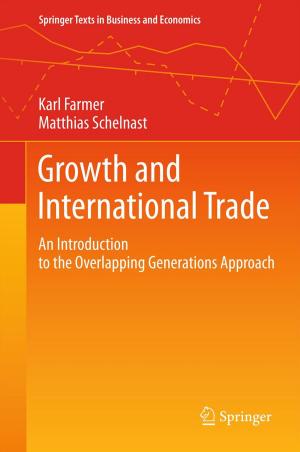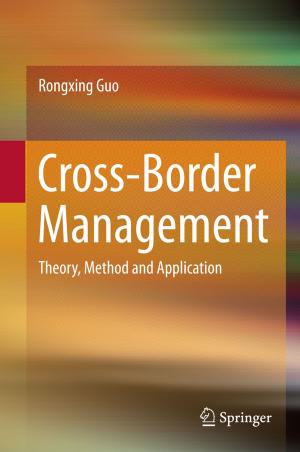Natural Disasters and Sustainable Development
Nonfiction, Science & Nature, Science, Earth Sciences, Geophysics, Biological Sciences, Environmental Science| Author: | ISBN: | 9783662089057 | |
| Publisher: | Springer Berlin Heidelberg | Publication: | June 29, 2013 |
| Imprint: | Springer | Language: | English |
| Author: | |
| ISBN: | 9783662089057 |
| Publisher: | Springer Berlin Heidelberg |
| Publication: | June 29, 2013 |
| Imprint: | Springer |
| Language: | English |
Natural disasters are a clear example of people living in conflict with the environment. Disasters cause human, social and environmental losses and, sometimes, even threaten geopolitical stability, as in many less developed countries. They are also a problem of global concern, even when damage is local: the mechanisms are often dependent on global meteoro-climatic circulation. Losses frequently affect several countries, as could be seen in the floods in central Europe in 2002. It is obvious that there is a clear need for a new approach, capable of incorporating the prevention of natural disasters, whilst mitigating strategies within the cycle of sustainable development. There are no thematic disciplines or political boundaries limitating initiatives: the integration of data providers, data users/information providers and information users, in a global and holistic manner, is the desired outcome of the new frontier. This book falls into this new category: multidisciplinary interventions and socio-economic point of views are the basic inputs for a changing science, implementing sustainable development for the benefit of citizens and society. It is comprised of studies and investigations which explain natural processes and modelling, as well as assessing hazards and risks and is rounded of with suggestions for sustainable development. Thus reflecting the best results of research on this topic funded by the European Commission.
Natural disasters are a clear example of people living in conflict with the environment. Disasters cause human, social and environmental losses and, sometimes, even threaten geopolitical stability, as in many less developed countries. They are also a problem of global concern, even when damage is local: the mechanisms are often dependent on global meteoro-climatic circulation. Losses frequently affect several countries, as could be seen in the floods in central Europe in 2002. It is obvious that there is a clear need for a new approach, capable of incorporating the prevention of natural disasters, whilst mitigating strategies within the cycle of sustainable development. There are no thematic disciplines or political boundaries limitating initiatives: the integration of data providers, data users/information providers and information users, in a global and holistic manner, is the desired outcome of the new frontier. This book falls into this new category: multidisciplinary interventions and socio-economic point of views are the basic inputs for a changing science, implementing sustainable development for the benefit of citizens and society. It is comprised of studies and investigations which explain natural processes and modelling, as well as assessing hazards and risks and is rounded of with suggestions for sustainable development. Thus reflecting the best results of research on this topic funded by the European Commission.















